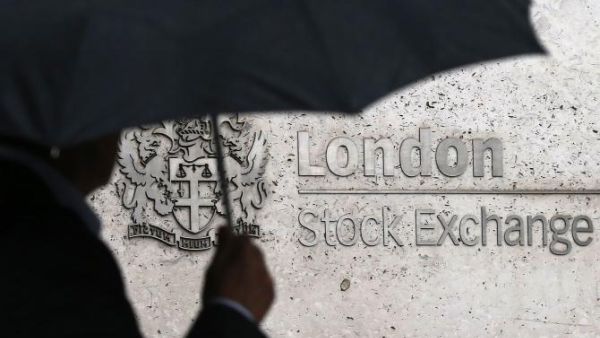Germany's Deutsche Boerse and the London Stock Exchange said Wednesday they had agreed to the terms of an "industry-defining" merger that would bring Britain's FTSE 100, Germany's DAX and the Euro Stoxx 50 index under one roof.
The merged trading behemoth would rival the largest stock exchange groups in the world, including CME Group and the Hong Kong Stock Exchanges and Clearing.
However, there are potential pitfalls ahead, ranging from regulators to the question of whether Britain is going to stay within the European Union.
The proposed merger would not be upended by a British exit from the European Union, Deutsche Boerse Chief Executive Carsten Kengeter said Wednesday.
"The new company will be successful irrespective of the outcome of Britain's referendum," Kengeter, who would become chief executive of the merged entity, told journalists after the companies announced the terms of an all-share merger of equals.
Britain is holding a referendum on June 23 on whether to leave the EU. Kengeter said that the companies had created a committee to assess how a so-called Brexit would affect the merged business.
Competition authorities in Brussels are also likely to look into whether the merger of Europe's largest exchanges by market capitalization would create a monopoly.
But Kengeter said such concerns were unfounded and that a merged entity with better liquidity would "increase stability in the European capital markets."
The deal would see shareholders in the Frankfurt-based Deutsche Boerse take a 54.4-per-cent stake in the new entity and LSE shareholders take the remaining 45.6 per cent.
If the European companies succeed, their merged entity would have its legal headquarters in London and retain operations in both London and Frankfurt. Kengeter anticipates annual cost savings of 450 million euros (499 million dollars).
The move follows several attempts by Deutsche Boerse to merge with or acquire other exchange groups. The company was stymied in its attempt to merge with the New York Stock Exchange due to competition concerns and failed in two previous attempts to take over the LSE.
By Friederike Heine and Niels C Sorrells








